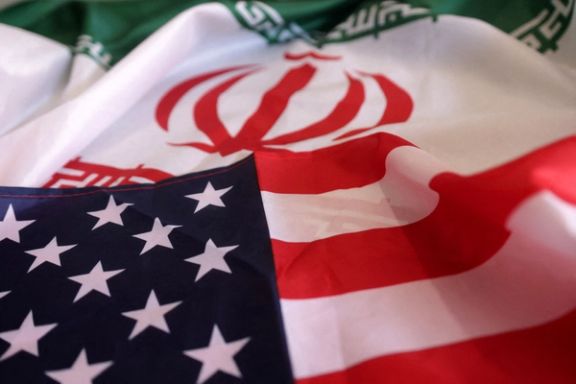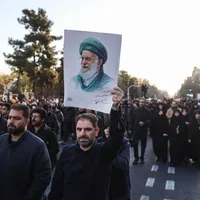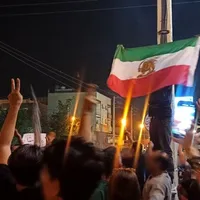Defense barristers for defendants Mostafa Sepahvand, 39, Farhad Javadi Manesh, 44, and Shapoor Qalehali Khani Noori, 55, indicated that they were likely to plead not guilty.
A formal plea hearing was set for September 26 and the trial for October 5, 2026 at the Woolwich Crown Court.
The men were arrested on May 3 and remain in custody. They are the first individuals from Iran to be charged under the UK’s National Security Act of 2023, which covers threats from hostile foreign states.
All three are accused of engaging in conduct likely to assist a foreign intelligence service, identified by police and the Home Secretary as Iran. The charges relate to alleged activities between August 2024 and February 2025.
Sepahvand is charged with carrying out “surveillance, reconnaissance and open-source research” with the intention of committing “serious violence” against a person in the United Kingdom. Javadi Manesh and Nouri are charged with “surveillance and reconnaissance” with the intention “that acts, namely serious violence against a person in the United Kingdom, would be committed by others”.
Alleged surveillance of individuals in the UK
The men are also charged with conducting surveillance and reconnaissance of individuals in the UK.
Their targets are allegedly journalists from Iran International, an independent Persian-language broadcaster and multilingual news outlet based in London.
Iran International has a broad following in Iran, despite government efforts to restrict internet and satellite signal access.
Government reaction
Following the announcement of the charges in May, Home Secretary Yvette Cooper said: “Iran must be held to account for its actions ... We will not tolerate growing state threats on our soil.”
The government would examine further steps to counter state-based threats to national security, she added.
All three men were granted Temporary Leave to Remain in the UK after entering illegally.
Sepahvand entered the country in 2016 in a lorry and claimed asylum.
Javadi Manesh arrived by small boat in 2019 and applied for asylum on religious grounds.
Noori's asylum application was rejected in 2024 and is currently under appeal.
Noori had previously sought asylum in Germany under a false identity, according to a report published by IranWire. The article said he entered Germany in 2019 using a fake Brazilian passport and claimed to be a political dissident.
His asylum case was rejected, including appeals, and he left the country in late 2022 before a final court ruling was issued.







